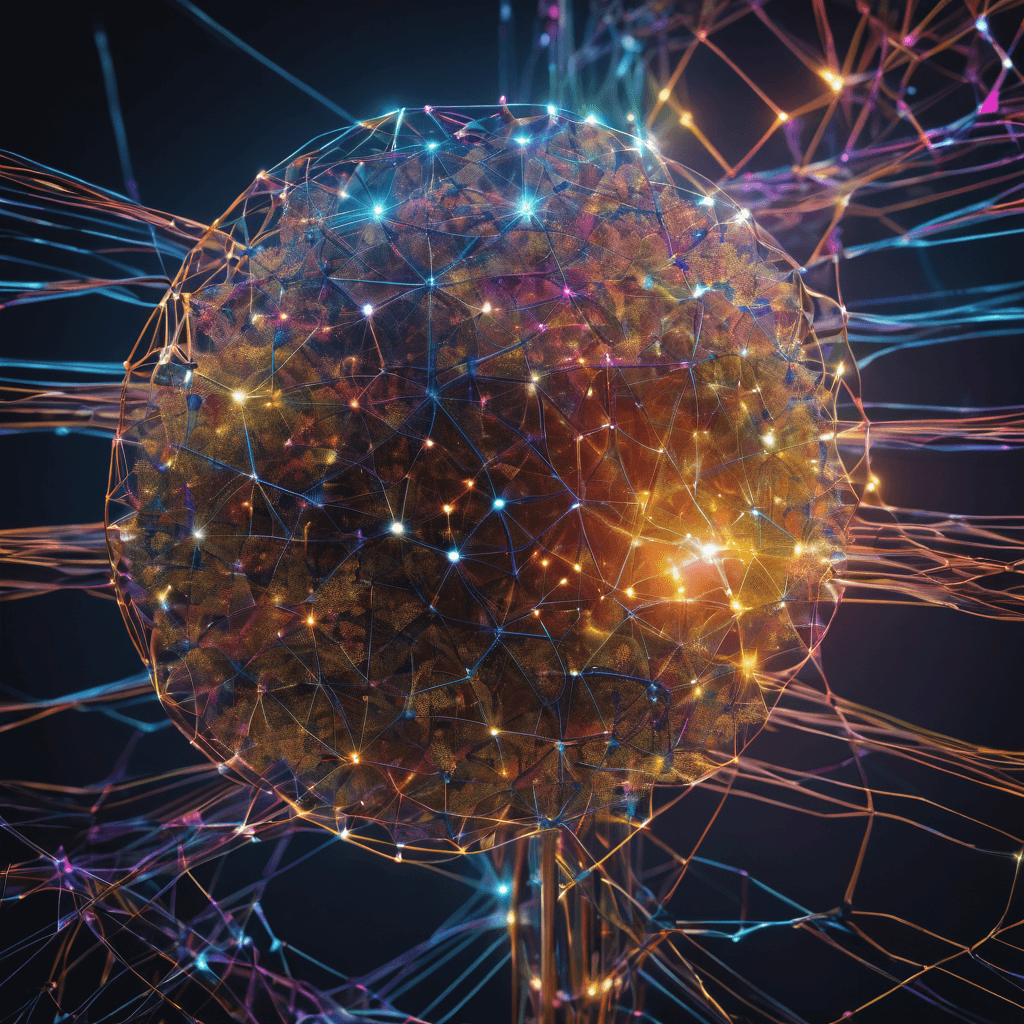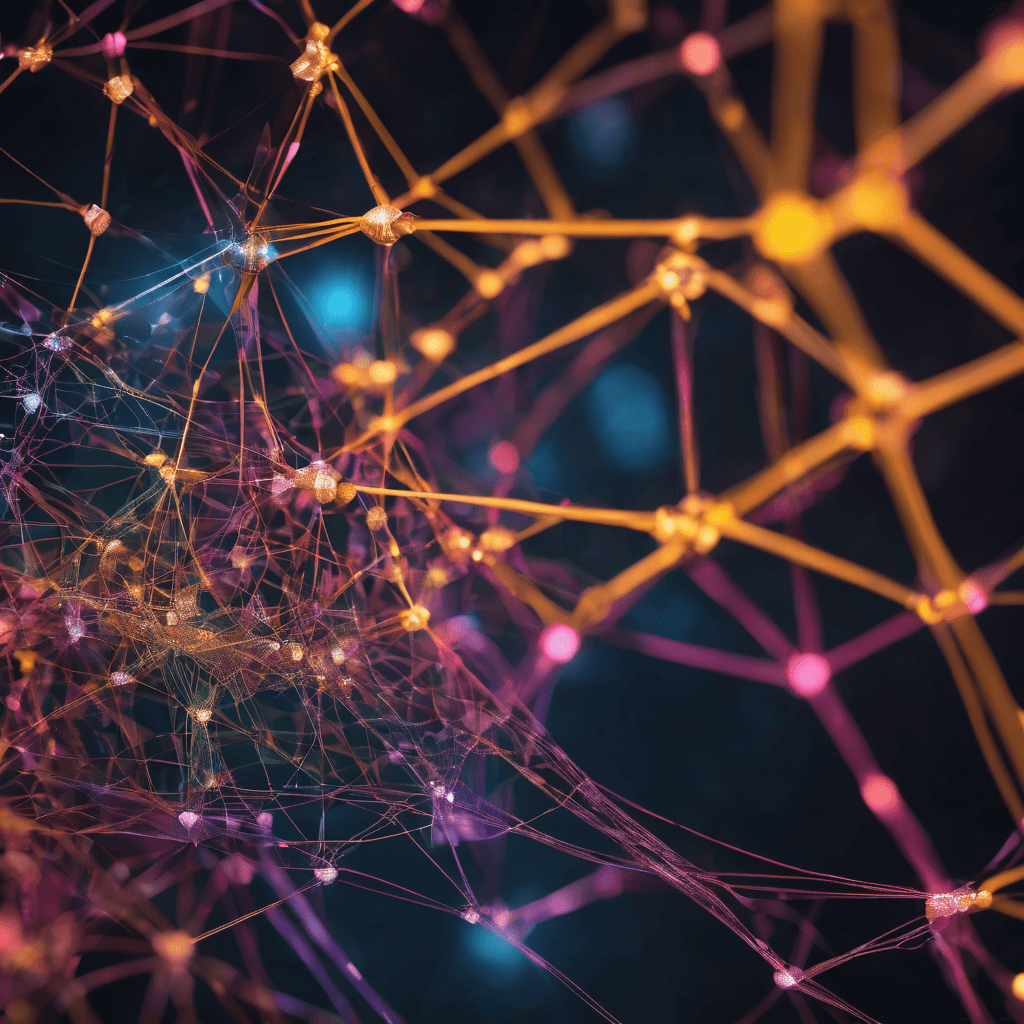The Future of Artificial Intelligence: Explore the latest developments and trends in AI, including machine learning, deep learning, and their applications in various industries
Artificial Intelligence (AI) continues to be at the forefront of technological innovation, shaping the future of industries and changing the way we live and work. In this article, we delve into the latest developments and trends in AI, with a focus on machine learning and deep learning, and how these advancements are being applied across various sectors.
Machine Learning (ML) is a subfield of AI that has gained tremendous momentum in recent years. ML algorithms enable systems to learn from data and improve their performance over time. One of the key trends in machine learning is the increasing use of reinforcement learning, a technique where AI agents learn to make decisions by trial and error. This has significant applications in autonomous vehicles, robotics, and even healthcare.

Deep Learning is a subset of machine learning that focuses on artificial neural networks, inspired by the human brain’s structure and function. Deep learning is driving remarkable breakthroughs in natural language processing, computer vision, and speech recognition. It’s the technology behind voice assistants like Siri and Alexa, as well as self-driving cars that can detect and respond to their environment.
AI’s applications extend across various industries. In healthcare, AI-driven diagnostics and predictive analytics are improving patient outcomes and reducing costs. The image recognition capabilities of AI are aiding radiologists in the early detection of diseases, while predictive algorithms are helping healthcare providers anticipate disease outbreaks.
In the financial sector, AI is revolutionizing fraud detection, risk assessment, and trading. Algorithms can process vast amounts of financial data in real-time, identifying fraudulent transactions and optimizing investment strategies with incredible speed and accuracy.
Moreover, AI’s influence in the world of manufacturing is undeniable. Smart factories are employing AI-powered robots and IoT devices for process optimization and predictive maintenance. These technologies reduce downtime, improve production quality, and enhance worker safety.
AI is also playing a pivotal role in the development of autonomous vehicles, with deep learning algorithms enabling cars to perceive their surroundings, make real-time decisions, and navigate safely. In agriculture, AI is optimizing crop management, precision agriculture, and pest control through autonomous drones and intelligent sensors.
In conclusion, the future of Artificial Intelligence is incredibly promising, with machine learning and deep learning at the forefront of innovation. The applications of AI are limitless, spanning across healthcare, finance, manufacturing, transportation, and agriculture. As AI continues to evolve, its impact on our daily lives and industries will be profound, ushering in a new era of innovation and efficiency.

